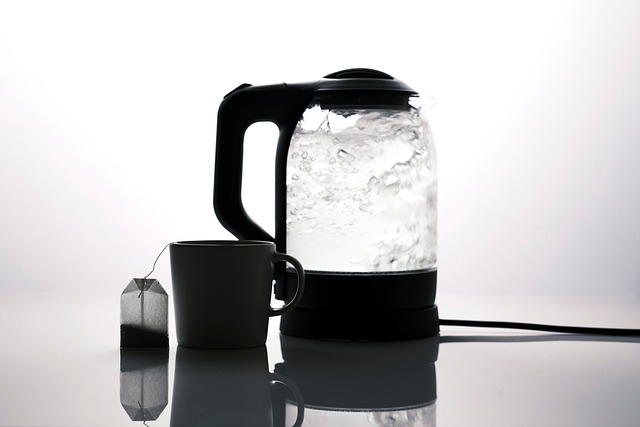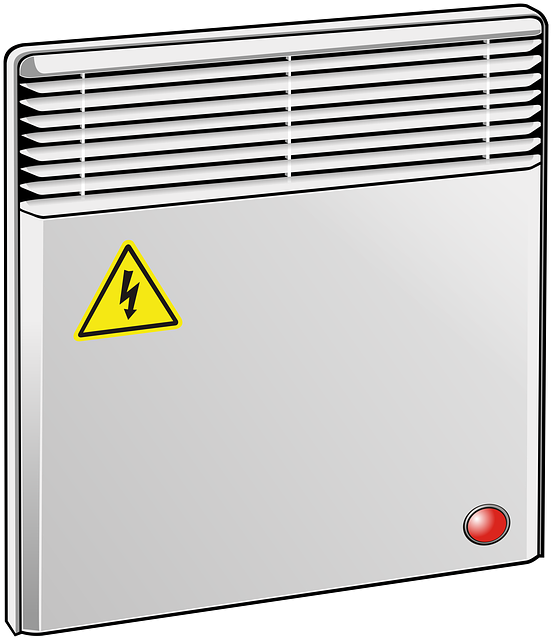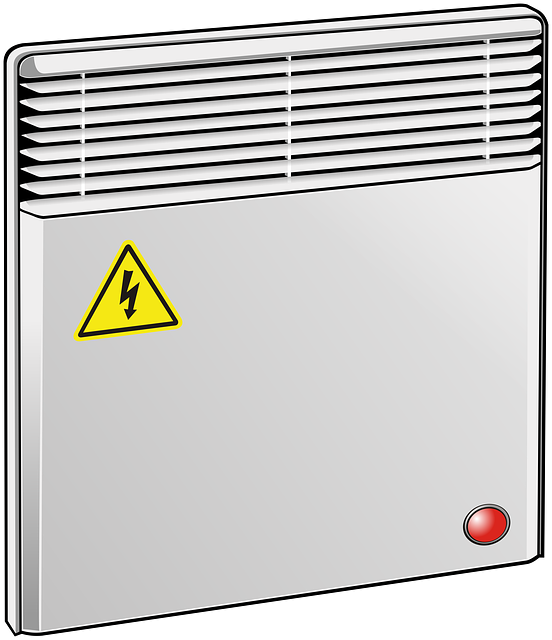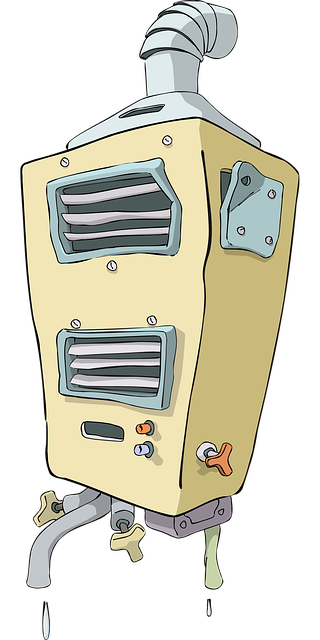Rusty water is not just unsightly but also indicates potential issues with your water heater, such as mineral deposits and reduced efficiency. Consuming rusted water can pose health risks, while rust buildup inside the tank decreases hot water storage capacity and disrupts heating, leading to higher energy costs. Noticing rusty water is a clear sign that your water heater may be nearing the end of its lifespan, warranting consideration for replacement to avoid health hazards and ensure optimal performance.
Are you tired of rusty water, frequent leaks, or strange noises coming from your water heater? These could be signs you need a new one. This guide breaks down the key indicators—from rust’s impact on water quality and health to leak sources and potential structural damage, plus the meaning behind unusual sounds. Learn when it’s time to invest in a reliable, modern water heater to ensure safe, clean water for your home.
- Rusty Water: More Than Just an Aesthetic Issue
- – The signs of rust and its impact on water quality.
- – Health risks associated with consuming water from rusty pipes.
Rusty Water: More Than Just an Aesthetic Issue

Rusty water isn’t just an unsightly issue; it’s a clear sign that something is amiss with your water heater. This problem indicates the presence of iron, magnesium, or other mineral deposits in your water supply, often accelerated by old pipes and heating elements. While it may not seem like a serious concern, consuming rusty water can lead to health issues, including gastrointestinal problems and skin irritation. Moreover, these sediments can clog pipes, reducing water pressure and potentially causing even more damage.
When water heater rust becomes noticeable, it’s a strong indicator that your unit is nearing the end of its lifespan. As rust builds up inside the tank, it reduces the available space for hot water storage and can disrupt the heating process. This not only decreases efficiency but also increases energy costs. Therefore, if you’re noticing rusty water, it’s wise to consider whether it’s time for a new water heater as one of the clear signs you need a replacement.
– The signs of rust and its impact on water quality.

Rusty water is one of the clearest signs that your water heater needs replacing. Rust naturally builds up over time in all metal tanks, but when it becomes thick and widespread, it can start leaching iron into your drinking water, giving it a distinct orange or brown tint. This not only affects the water’s appearance but also its taste and smell, making it unappealing for daily use.
Beyond aesthetic issues, rust is detrimental to your water heater’s efficiency and longevity. As rust accumulates, it creates an insulating layer on the tank’s interior, hindering heat transfer and forcing the heating element or burner to work overtime to reach and maintain the desired temperature. This increased strain leads to shorter lifespan and potentially higher energy bills.
– Health risks associated with consuming water from rusty pipes.

Consuming water from rusty pipes can pose significant health risks, as rust and other contaminants can leach into your drinking water. Over time, pipes corrode due to mineral buildup, high water pressure, or poor maintenance, leading to not just a noisy tap but also potential harm to your well-being.
Rusty water may contain harmful bacteria, heavy metals like lead, and even asbestos fibers, which can cause a range of issues from skin irritation and digestive problems to more severe conditions such as anemia, liver damage, or cancer. These risks are especially concerning for individuals with compromised immune systems, pregnant women, and young children. Therefore, if you notice signs of rust on your water pipes or the water itself appears discolored, it’s a clear indication that it’s time to consider replacing your aging water heater among the Signs You Need a New Water Heater.
If you’ve noticed rusty water, persistent leaks, or unusual noises coming from your water heater, it’s clear these are signs you need a new water heater. Ignoring these issues could lead to not only costly repairs but also potential health hazards due to contaminated water. Don’t wait until the problem escalates; addressing these symptoms promptly will ensure a safe and efficient hot water supply for your home.
